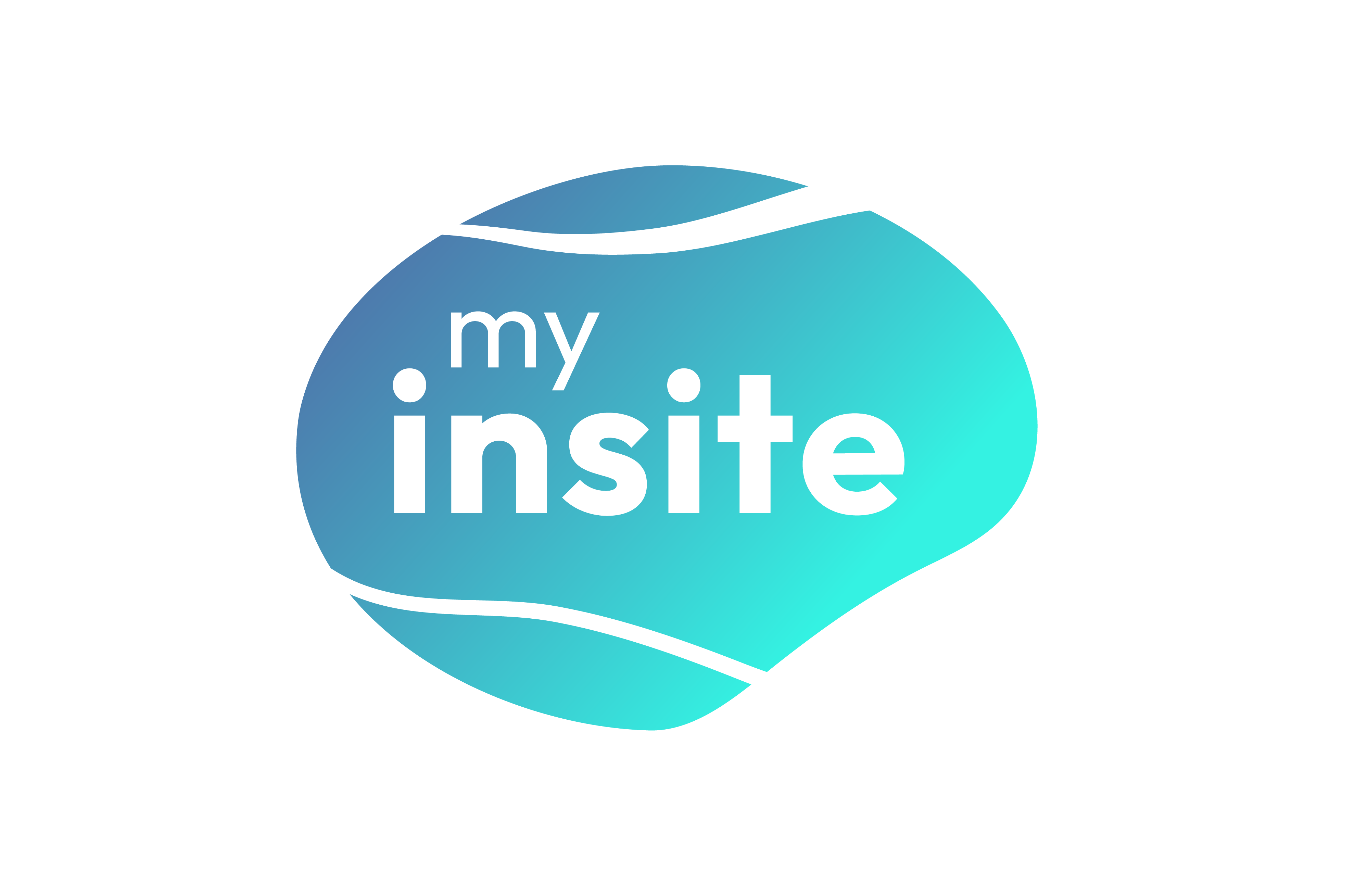
Where next for heat networks? Insite Energy responds to the government's latest policy consultation
11th May 2020Written by: Anthony Coates-Smith, Managing Director at Insite Energy
In February this year, the UK government's Department for Business, Energy & Industrial Strategy (BEIS) published a consultation seeking views from across the heat network industry on policy options to develop a regulatory framework for heat networks. Interested parties now have until 1st June to reply.
The Government sees low carbon heat networks playing a significant role in its legislated strategy to bring all of the UK's greenhouse gas emissions to net zero by 2050. This follows a 2015 report from the Committee on Climate Change (CCC), which estimated that around 18% of UK heat will need to come from heat networks if the net zero goal is to be realised. The current figure is around 3% – so there is much work to do.
Change is needed for customer confidence
The aim of the proposed new measures, when they eventually come into force, will be to better protect consumers using heat networks, while supporting the sector's rapid growth and encouraging its decarbonisation. This means residents will have more information about the true cost of their heating supply, while landlords will have greater obligations to provide that information.
These are worthy and important objectives. We have argued for some time that greater regulation is needed, while ourselves actively supporting suppliers to achieve high standards of service for their customers. It is crucial that consumers can have confidence that they are getting great value and service from their heat networks, if we are to see the levels of growth we need.
Currently there are a very large number of operators in the market, approximately 2,300, compared to approximately 60 regulated energy suppliers and 32 water companies. This has led to a lot of disparity in pricing and levels of service. While, overall, heat network customers are better off – paying on average £100 less per year for their heating and hot water – some are billed as much as £2,000 annually, which is unacceptable. Greater oversight is urgently required in order to protect consumers from unscrupulous traders and to ensure high standards for all.
It is welcome that the industry has an opportunity to input into the design of these new policies, to help ensure they achieve the desired outcomes. At Insite, we have reviewed the policy proposals in detail and formulated our response, which we will be submitting shortly. The following is an outline of the questions being asked by the consultation, and our views on the issues under discussion.
What is the government asking?
In broad terms, BEIS wants to know if the regulatory framework it is proposing is fit for purpose, and whether Ofgem is the appropriate body to oversee it. Drilling down to the detail, the consultation poses 57 questions, covering areas such as pricing, transparency, service and technical standards, enforcement and step-in powers, access rights, decarbonisation and waste heat sources.
Transparent and fair pricing
Billing transparency is an important piece of the regulatory jigsaw. Transparency builds trust. BEIS asks if consumers should be provided with a minimum level of information that will help them make decisions before entering a heat network contract. This would include the age and type of heat network system, the contractual arrangements in place, a summary of terms of service, and price information, including estimates of annual costs.
We strongly support this proposal. We also support the idea that the regulator should have powers to mandate and enforce price transparency. Residents need to know before they move into a property what charges they will be expected to pay and – as a minimum – information about the efficiency of their heating system. It is the responsibility of the heat supplier to inform service users about this (for example in a scheme's tailored welcome brochure) and we're very happy to help them do so.
Furthermore, we agree that there should be clear guidelines about what can and cannot be included in kWh and daily standing charges. Too often, residents' daily standing charges include hidden costs. These might be network maintenance fees that should already be covered by landlords, or the costs of renewing heating plant that will require replacement over the course of a long contract with an energy supply company (ESCo), even if tenants only live in the property for a much shorter period or leave long before the expenditure is actually incurred. There are fairer and more transparent ways to recover these costs, and Insite is happy and ready to take part in further government consultations to develop a pricing framework that works for everyone.
It should be noted, however, that greater transparency may negatively impact public perceptions of heat networks, in the short-term, unless it is accompanied by education on tariffs and an explanation of why some (usually smaller) schemes are more costly to run than others. We have highlighted this education need in our consultation response.
Pricing controls
By focussing on billing transparency and by collecting tariff and profit/loss data from mandatory reporting, we should avoid the need for stringent pricing controls. These could stifle the heat network industry, at a time when we most need to encourage its growth.
For this reason, we agree with the BEIS view that a price cap should not be implemented for the time being. Instead, we believe that we should follow the model used in Denmark, whereby only 'necessary expenses' can be included in tariffs. Clear guidance would be required, however, on what can reasonably be categorised as a 'necessary expense', and whether things like ‘Software as a Service’ fees, maintenance costs, or capital replacement can be included.
Access and street work rights
BEIS also asks whether licensed heat network entities should be granted statutory access rights and whether the process should be the same as it is in the electricity and gas sectors. Insite's view is that heat network developers and ESCos do need the same access and street work rights as electricity and gas companies, if the sector is to thrive in the same way.
Don't forget the tried and tested 'quick wins'
We are in broad agreement with BEIS that we must stimulate innovation and investment in heat networks in order to drive the levels of growth required. It is a fine line to tread between regulation and control on the one hand and market stimulation on the other but, overall, the proposed new framework gets it about right. The sector can learn a lot from the electricity and gas markets, which are both buoyant and well regulated.
One area the consultation seems to miss, however, is the need to promote what we already know to be effective. The £96 million in government funding recently confirmed for the final year of the Heat Networks Investment Project could be well applied to leverage reliable and proven low-carbon technology options, with a view to improving the efficiency of existing heat networks. Government incentives can make a big difference in this area.
It is estimated that 80% of the UK's existing housing stock will remain occupied in 2050, so it is essential to focus on the heating performance of these buildings, if we are to have any hope of meeting our national carbon targets. Big gains can be made by focussing on 'easy wins', such as insulation. Elements of the Heat Networks Code of Practice 1.2 should be mandated where there is clear evidence that not carrying them out leads to poor efficiency or shortened lifespan of network parts.
There is a lot that can and must be done to drive the heat network industry forward at the required pace, and we can all play a part in that by improving practices for the benefit of our customers, the environment, and the sector overall. Hopefully, these proposed new government policies will give the industry the impetus it needs to achieve the very demanding objectives that are asked of it. We will continue to take a close interest in how the new policies take shape.


